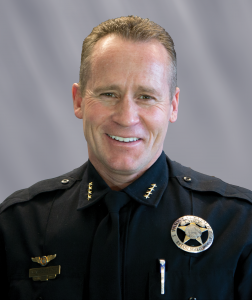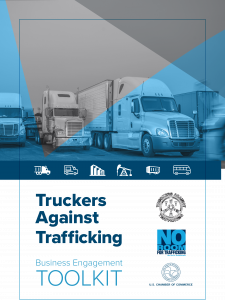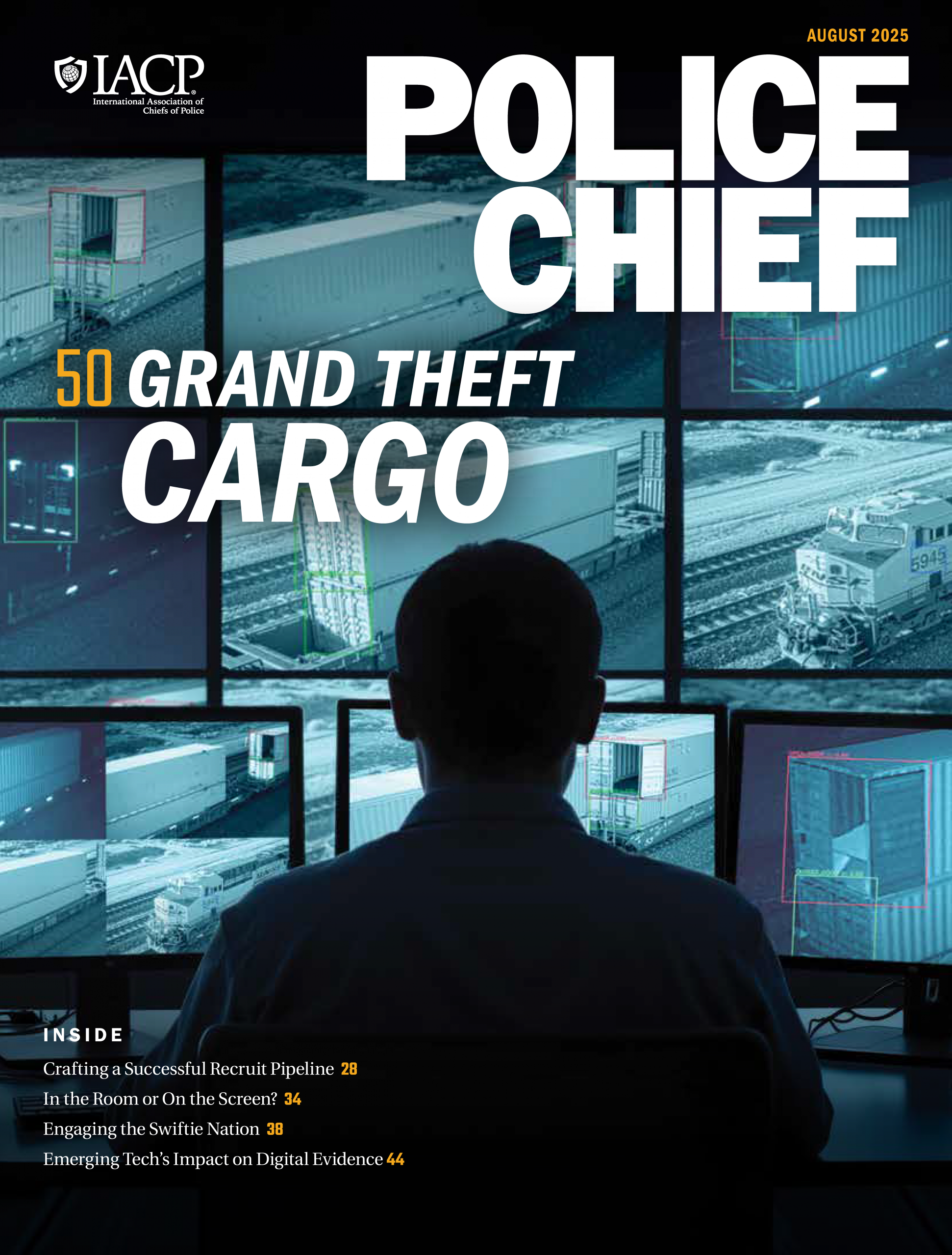
Partnerships are the cornerstone of everything we do as law enforcement. There is a diverse array of organizations police can partner with in pursuit of enhancing public safety, and thinking creatively about how your agency can leverage the expertise of related fields is a vital part of providing the best-possible service to your community.
Without the support of community groups, medical professionals, religious institutions, nonprofits, businesses, and community members, we would not be able to provide the level of safety our communities have come to expect. Policing has become more dynamic, requiring us to address social issues like homelessness, addiction, and mental illness. While we continue to provide training on these important topics, the reality is that having well-established partnerships can help us better address community concerns. Police are often the first responders to a wide variety of community issues, but we must have relationships in place to direct these situations to the proper next step. Meaningful partnerships can assist law enforcement officers in connecting individuals to comprehensive care and facilitate resource sharing with related organizations and causes.
Agency Partnerships
Proactively establishing partnerships with surrounding law enforcement and first responder agencies allows for a rapid response and deployment in case of an emergency. As leaders, we know the importance of planning and training for any event. One way we prepare is by creating task forces that work across first responder agencies and, through training, become cohesive units. Agency-level partnerships, such as task forces, are a great way to share resources, but, more importantly, provide effective public safety.
Agency partnerships need to extend worldwide, as international events affect communities locally.
In today’s environment, agency partnerships need to extend worldwide, as international events affect communities locally. We must always be vigilant and prepared to intervene, especially as the threat levels from terrorism increase and criminal activity crosses borders. This is why the IACP has established partnerships with INTERPOL and many other international organizations. These partnerships allow for information sharing, additional resources, and access to experts across various fields.
Community Partnerships
As leaders, we know the importance and value of community partnerships. Regular engagement with community members through one-on-one conversations, meetings, and events helps establish trust. By developing comprehensive community engagement strategies, law enforcement and the community can work together to identify public safety solutions.
To create a joint problem-solving partnership with your community, you need to know what their priority concerns are and where they feel there are gaps in service. One tool agencies can deploy are community surveys. As community concerns change, surveys provide a way for law enforcement to pivot and address the most urgent topics, while also communicating the value of community input. Surveys are also excellent ways for us to focus our resources and identify other stakeholders. Becoming familiar with the issues in your community, as well as those with the expertise to provide solutions, can improve immediate outcomes and also prevent further problems from occurring in the future.
One example of a successful community partnership is the Law Enforcement Torch Run for Special Olympics. For more than 40 years, police across the United States have been part of the Law Enforcement Torch Run for Special Olympics. This partnership raises millions of dollars, brings public awareness to supporting those with intellectual disabilities, and empowers the athletes who participate. The Special Olympics is a great example of how partnerships can help champion community priorities.
Private Partnerships
Strong public-private partnerships can provide law enforcement with access to information and assets that we do not have in the public sector. With access to different problem-solving technologies, financial resources, and communication networks, private sector partners offer a valuable perspective to address public safety concerns.
 The Truckers Against Trafficking (TAT) initiative is one public-private partnership that demonstrates the value of these relationships. TAT is an organization that brings members of the trucking, bus, and energy industries together to combat human trafficking. Understanding the large network of individuals who work in the transportation and energy industries, TAT members are trained to recognize and report human trafficking. Law enforcement task forces also work with TAT to build coordinated responses. By working together, public-private partnerships such as this can amplify important messages, increase awareness on critical topics, and save potential victims by intervening in criminal behavior that may otherwise go unnoticed.
The Truckers Against Trafficking (TAT) initiative is one public-private partnership that demonstrates the value of these relationships. TAT is an organization that brings members of the trucking, bus, and energy industries together to combat human trafficking. Understanding the large network of individuals who work in the transportation and energy industries, TAT members are trained to recognize and report human trafficking. Law enforcement task forces also work with TAT to build coordinated responses. By working together, public-private partnerships such as this can amplify important messages, increase awareness on critical topics, and save potential victims by intervening in criminal behavior that may otherwise go unnoticed.
Conclusion
As police leaders, we need to regularly engage with our partners so that, when a crisis occurs, we can rapidly respond and keep our communities safe. Small efforts can cause broad changes. Agency partnerships benefit each jurisdiction but also work toward enhancing the policing profession as we share ideas and best practices. Reaching out to individuals in the community results in greater connectedness with entire neighborhoods, creating lasting positive effects on mutual trust. With effective partnerships, everybody gets stronger. Every part of a community can act as a force multiplier for good, and police can serve as a leader in these efforts. The future of public safety depends on a collaborative network of well-trained professionals, and police will continue to play a key role in ensuring that our communities remain safe and supported. d
Please cite as
Wade Carpenter, “Proactive Partnerships for Problem-Solving,” President’s Message, Police Chief 90, no. 12 (December 2023): 6–7.


